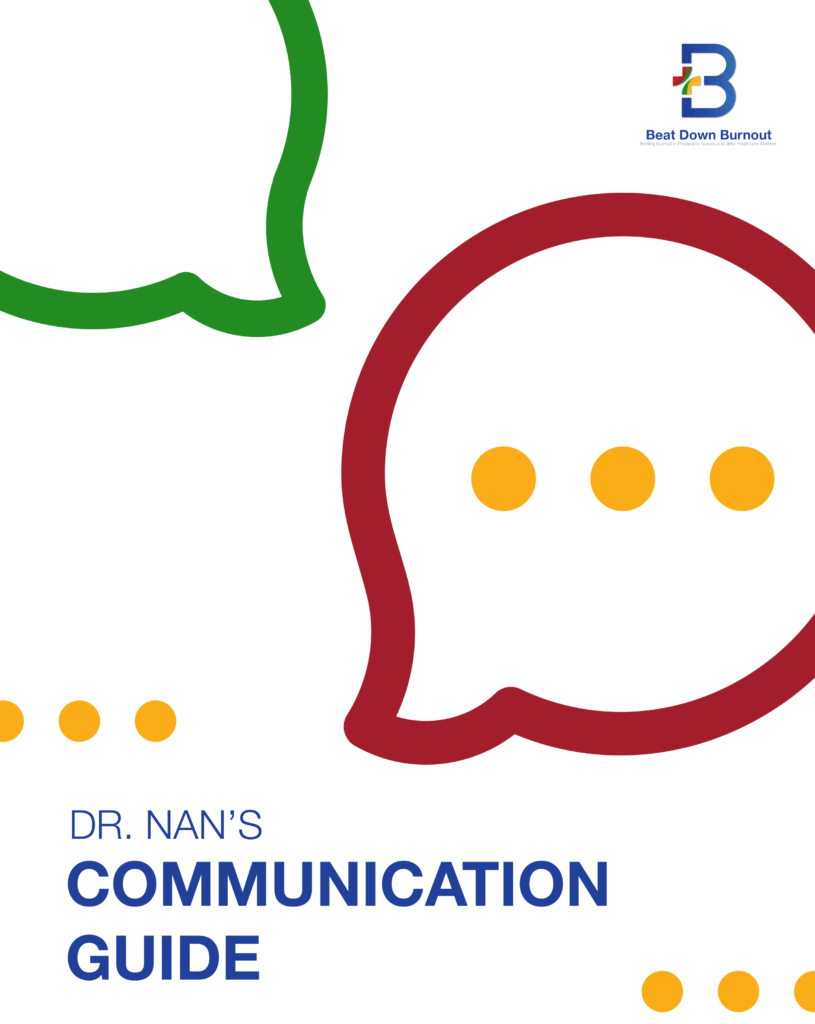Unlock Your Best Life — Fast.
We help individuals and organizations create lasting change through proven, neuroscience-backed systems. Whether you want personal growth, career success, stronger relationships, or a thriving workplace, we deliver results that stick.

What We Do:
• Personal and leadership coaching
• Organizational culture transformation
• Conflict resolution and communication training
• Systems for freedom, trust, and lasting success
If you’re tired of stress, conflict, or feeling stuck, it’s time for a change. You deserve peace, clarity, and momentum—and we’ll show you how to get there.
Transform Today!
Don’t wait another day. Contact us to take the first step toward the life and leadership you deserve.


Download Dr. Nan’s Revolutionary Communication Guide
Are you ready to take the first step towards a revolution in communication?
Dr. Nan’s free guide equips you with the knowledge to understand the blend of structure, relationships, intelligence, and action that shapes your team. These aren’t just words – they’re the keys to understanding what truly matters to your team, and how to unlock their full potential.
